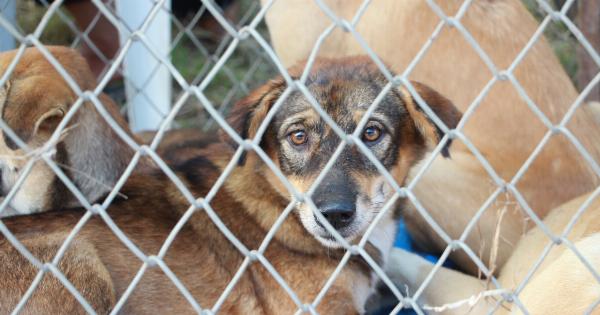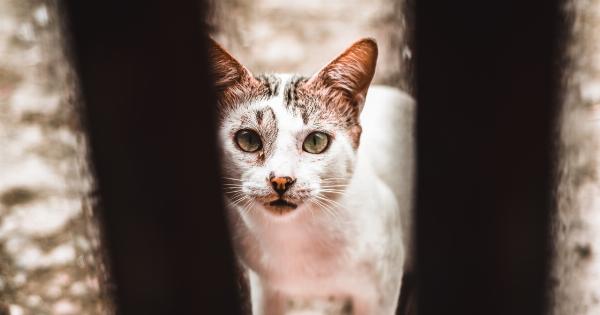A Chinese company named Sinogene has made a breakthrough in genetic engineering by becoming the first company to clone pets.
The company has successfully cloned cats and dogs, giving pet lovers the opportunity to ‘resurrect’ their beloved pets again after they have passed. This breakthrough is a testament to the rapid growth of China’s biotech industry and may bring to light the ethical issues surrounding animal cloning in the future.
What is cloning
Cloning is a process that involves creating copies of an organism from a single cell. To clone an organism, scientists extract DNA from the cell of the organism they want to clone.
This DNA is then placed into a cell from another organism, which becomes the host for the cloned DNA. The host cell is then stimulated to divide and grow into an exact genetic copy of the original organism.
The ethical implications of cloning
The birth of cloned animals may bring with it a host of ethical implications in the future, as the scientific and medical community continue to debate on the pros and cons of cloning.
One of the main ethical concerns surrounding cloning is the welfare of the animals involved. Cloning can cause severe health issues in the cloned animal such as premature ageing, organ malfunctions and cancers. Furthermore, cloned animals may suffer from identity and behavioural problems and may not adapt well to certain environments.
Sinogene’s Pet Cloning Service
Sinogene offers a unique pet cloning service that allows pet owners to clone their beloved cats and dogs. This service is currently limited to dogs and cats due to their high demand in the pet market.
The procedure involves taking a DNA sample from the pet, which is then preserved in liquid nitrogen. The DNA is then used to create an embryo, which is implanted into a surrogate mother. Once the surrogate gives birth, the cloned pet will have the same appearance and genetic makeup as the original pet.
The process of pet cloning
The process of pet cloning is time-consuming and requires a lot of resources. The first step in pet cloning is to collect a DNA sample from the pet. This can be done by taking a small sample of tissue from the pet’s skin or by collecting a blood sample.
The DNA sample is then tested to see if it is viable for cloning. Once the sample is good, an embryo is created by fertilising a dog’s egg with the cells of the pet being cloned. This embryo is then implanted into a surrogate mother dog, who carries the pregnancy to term and gives birth to the cloned pet.
The cloned pet will have the same genetic make-up as the original pet, but may not have the same personality and character traits.
The cost of pet cloning
Cloning a dog or cat is not cheap. The cost of pet cloning varies depending on the lab that performs the cloning and the type of animal being cloned.
The cost of cloning a dog can be between $50,000 to $100,000, while the cost of cloning a cat can be between $25,000 and $50,000. It is important to note that these are just the costs of cloning and do not include the cost of maintaining the cloned pet or any health-related expenses that may arise.
Who is Sinogene
Sinogene is a Chinese biotech company that specialises in animal cloning. The company was founded in 2015 and has since made enormous strides in the field of genetics research.
The company’s main focus is on animal cloning, and they have succeeded in cloning various animals, including cats and dogs, cows, pigs and monkeys. Sinogene’s pet cloning service, launched in 2017, was the first of its kind in China and has since gained worldwide recognition.
The future of pet cloning
The increasing popularity of pet cloning is a sign of its potential to grow into a booming industry.
As more technology is developed to improve the process of cloning, it’s expected that the prices of cloning will decrease, making it more accessible to pet owners. Cloning may also extend to other animals such as horses, birds and other exotic animals in the future. The industry may also become increasingly regulated as the ethical and welfare concerns around animal cloning become more prominent.
Conclusion
Sinogene’s pet cloning technology is a major breakthrough in biotech research, offering pet owners the chance to resurrect their beloved pets.
However, the ethical and welfare implications of cloning are still being debated and may affect the future of cloning. It’s important to weigh the pros and cons of cloning before deciding to clone any animal.






























